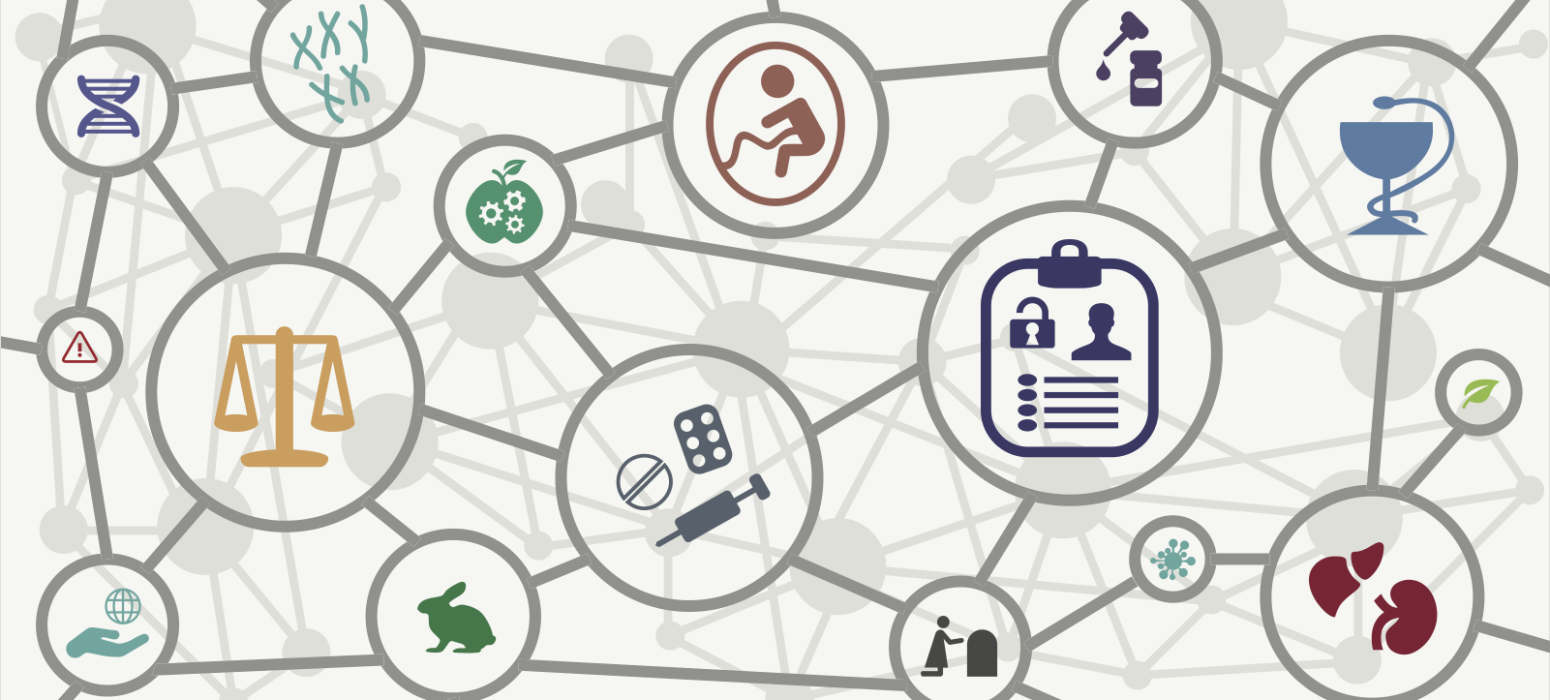
Muslim practitioners are considering how Islamic principles and practice can effectively add value to their numerous fields of expertise and even perhaps provide alternative paradigms. Islamic intellectual history shows us that our civilizational values have always offered profound insights that have improved the quality of life for all in this mundane life.
To join in on such conversations, Darul Qasim College invites health professionals and students to attend a one-day conference on Islamic Bioethics from an uṣūlī (principles-based) approach. Lecturers include physicians and medical students who have studied Islamic Bioethics under Shaykh Mohammed Amin Kholwadia. By the end of the conference, attendees will get a glimpse of the collaboration between ʿulāmaʾ and health professionals in answering some of the most pressing questions in the field of bioethics. Topics include reproductive rights, ethical principles in practice, an introduction to the uṣūlī bioethics perspective, Islamic epistemology, and Islamic ontology. Attendees are encouraged to ponder how their field of work can benefit from Islamic Bioethical principles and research.
December 3, 2022, 9:30 AM – 4:30 PM
Moderator: Akbar Ali, MD
8:00am-9:00am: Breakfast
9:00am-10:00am: Registration
10:00am: Recitation and Welcome — Imran Memon, MBBS
10:05am-10:20am: Introduction — Shaykh Amin Kholwadia, President and Founder of Darul Qasim College
10:30am-11:20am: The Lives of Women: Reproductive Rights from an Islamic Ontological Perspective — Sara Alattar (MS3) and Deena Kishawi, MD
11:30am-12:20pm: The Wingspan of Halal Cures: A Novel Therapy in Endocarditis Inspired by ‘Do No Sin’ — Yasir Akhtar, MBBS and Umar Shakur, DO
12:30pm-1:30pm: Ẓuhr & Lunch
1:35-1:50pm: Introducing the Darul Qasim College Approach to Islamic Bioethics — Samer Wahood (MS1)
2:00pm-2:50pm: Epistemology and Ontology: Applications to Alzheimer’s Disease w/ Ahsan Arozullah, MD
3pm-4:10pm: Q&A Panel — Shaykh Amin Kholwadia; Sara Alattar (MS3); Deena Kishawi, MD; Yasir Akhtar, MBBS; Umar Shakur, DO; Samer Wahood (MS1); Ahsan Arozullah, MD
4:15pm: Closing Remarks — Shaykh Amin Kholwadia
$50 for college or medical students
$100 for professionals or in-training
Crowne Plaza: Dallas-Market Center
7050 N. Stemmons Freeway
Dallas, TX 75247
For attendees who cannot join us in-person, a link to a Zoom live stream will be available